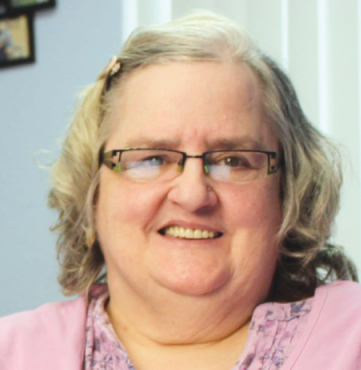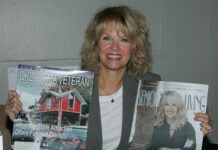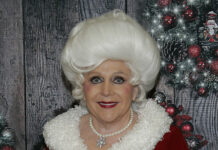I CAN SEE!
By Darlene Franklin
I can see close to twenty-twenty for the first time since I was a little girl. Cataract surgery has restored my sight to near perfect vision. New glasses will fix what remains unclear.
I can’t wait.
A couple of year ago I began to notice the middle of hymn pages faded out while I played the piano. No amount of blinking or leaning in closer brought them into focus. Since I know most hymns fairly well, I only stumbled for a few notes here and there.
At first, I blamed the situation on poorly reproduced copies. Although the print was small and the ink somewhat faded, I gradually realized it was my eyes. I couldn’t deny it when I had the same problems reading fine print or when working on my computer.
According to the American Academy of Ophthalmology, approximately fifty percent of all Americans have cataracts by age seventy-five. My mother’s experience had left me a little on edge. She had felt uncomfortable when she felt pressure on the eye. But when I asked the surgeon—especially when he talked about using knives—and he basically said I would be too out of it to notice.
Maybe not. But regardless, I wanted to see again.
I did feel the pressure, but it didn’t hurt at all. When he began cutting into my cornea, I saw pretty pink squares. The surgery itself took less than ten minutes per eye.
If you’re like me, you take your sight for granted. I know a few authors who are also blind. But since I’ve always had my sight, learning to function without it would be difficult beyond what I care to imagine. I am thankful for the surgery.
We’re all born with poor vision when it comes to spiritual things, and the older we get, it only worsens. At my salvation, God performed surgery, removed my dead eyes and replaced them with eyes that could take in more and more of his glory. My corrected “far vision” allows my breathless voice to break through in power when I sing, “This is how I fight my battles—I am surrounded by You.” It allows me write poems and books that praise God.
My near vision—other people—remains pretty dense. I frequently ask God to help me to see them as He does.
That requires me to truly look at them. The problem is, especially here at the nursing home, I expect them to look at me.
Sometimes I get it right. Recently, when a worker who’d always been kind and loving to me, gazed in the distance, her mind clearly on something else.
“You look like you’re having a bad day.
“How’d you know?” She asked. “Yes, I am. A terrible day.”
She didn’t tell me what was troubling her, and I didn’t ask. And I was tempted to leave it at that. Instead, I asked if she wanted to pray and, yes, she did.
“You don’t know how much that helped.”
The next day, she was doing much better
I wish I had that kind of sight all the time, to sense when people are in pain and simply need someone to care.
To my shame, often I’m grumpy because an aide has been inattentive or short with me, only to find out later they spent the night at the hospital with a sick baby. I overlook the fact they are first of all individuals dearly loved by God, and that they choose to work with me and for me.
Nurses, certified nurse’s aides, and other professionals in the nursing home environment often feel a strong calling for what they’re doing. They want to help people. For the Christian, that makes me not only their job, but also their ministry.
How easy that is to forget that when I am tired, sore, and I’ve been waiting for help.
Although God has given me new sight, I might not be following His aftercare instructions correctly. I may not be applying the ointment of His word to the area where I have the most vision problems. Perhaps my eyes are dry from spending too much staring at things of little or no value.
Please join me in praying that God will cause us to see the people around us as He does, and to act accordingly.
Darlene is a resident at Heritage Manor in Oklahoma City. Check out her other writing at https://www.darlenefranklinauthor.com/














